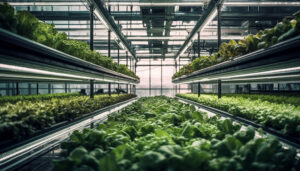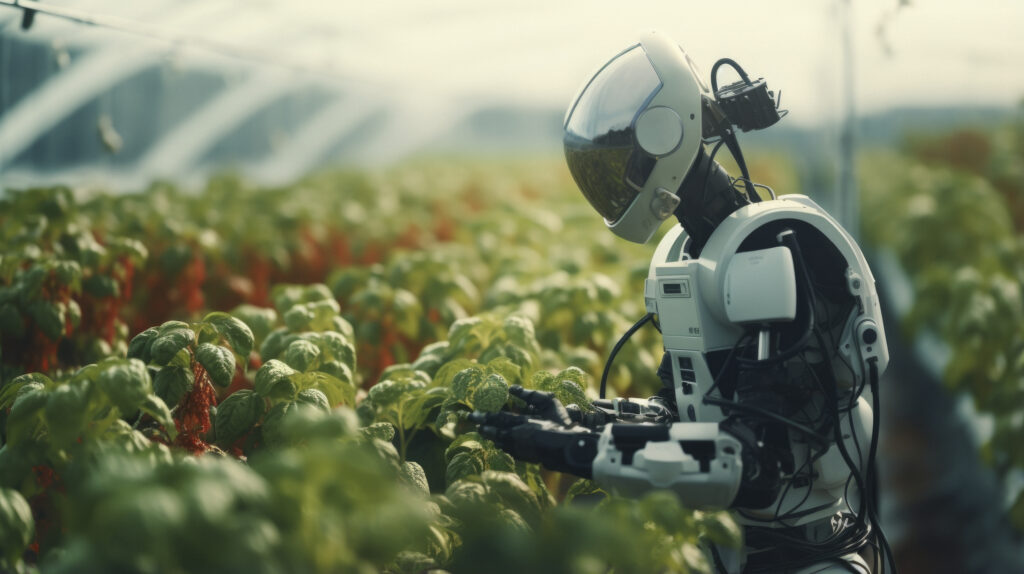Introduction:
Sustainable agriculture is the cornerstone of global food security and environmental preservation. As the world population continues to grow, the demand for food rises exponentially, putting immense pressure on traditional farming practices. However, conventional agriculture often leads to soil degradation, water pollution, and biodiversity loss, posing significant challenges to long-term sustainability. In this context, bioengineering emerges as a promising solution to address these challenges by leveraging biological systems and technologies to enhance agricultural productivity while minimizing environmental impact.
- Harnessing Genetic Engineering for Crop Improvement
Genetic engineering plays a pivotal role in developing crops with improved traits, such as resistance to pests, diseases, and environmental stresses. Through techniques like gene editing and transgenic manipulation, scientists can introduce desirable traits into crop plants, thereby enhancing their resilience and productivity. For instance, the development of genetically modified (GM) crops with built-in resistance to herbicides has significantly reduced the need for chemical weed control, leading to lower environmental contamination and improved soil health.

- Enhancing Nutrient Efficiency with Bio fortification
Bio fortification involves enriching crops with essential nutrients to address malnutrition and improve public health. By employing genetic engineering techniques, scientists can enhance the nutritional content of staple crops, such as rice, wheat, and maize. For example, the bio fortification of rice with vitamin A precursor beta-carotene, also known as Golden Rice, holds immense potential for combating vitamin A deficiency, particularly in regions where rice is a dietary staple. Similarly, bio fortified crops enriched with micronutrients like iron and zinc offer a sustainable solution to address micronutrient deficiencies prevalent in many developing countries.
- Precision Agriculture and Biotechnology
Precision agriculture utilizes advanced technologies, including remote sensing, GPS, and data analytics, to optimize farm management practices and resource utilization. Biotechnology complements precision agriculture by providing tools for molecular diagnostics, crop monitoring, and targeted interventions. Through the integration of biotechnology with precision agriculture, farmers can make informed decisions regarding crop selection, irrigation scheduling, and pest management, thereby maximizing yields while minimizing inputs such as water, fertilizers, and pesticides. This approach not only enhances agricultural productivity but also reduces environmental footprint and promotes sustainable land management practices.

- Harnessing Microbial Biotechnology for Soil Health
Soil health is crucial for sustainable agriculture as it directly impacts crop productivity, nutrient cycling, and ecosystem resilience. Microbial biotechnology offers innovative solutions for enhancing soil fertility, suppressing pathogens, and promoting plant growth. By harnessing beneficial microorganisms such as fungi, nitrogen-fixing bacteria, and plant growth-promoting bacteria (PGPR), farmers can improve soil structure, nutrient availability, and plant vigor without relying heavily on synthetic fertilizers and agrochemicals. Additionally, microbial-based bio fertilizers and bio stimulants offer eco-friendly alternatives to conventional soil amendments, contributing to the overall sustainability of agricultural systems.
Conclusion:
Bioengineering holds immense promise for transforming agriculture into a more sustainable and resilient enterprise. By harnessing the power of genetic engineering, bio fortification, precision agriculture, and microbial biotechnology, we can overcome the challenges posed by climate change, resource scarcity, and environmental degradation. Embracing bioengineered solutions not only enhances agricultural productivity and food security but also promotes environmental conservation and public health. As we navigate the complexities of feeding a growing population within planetary boundaries, bioengineering emerges as a beacon of hope for building a more sustainable future for agriculture and society as a whole.


